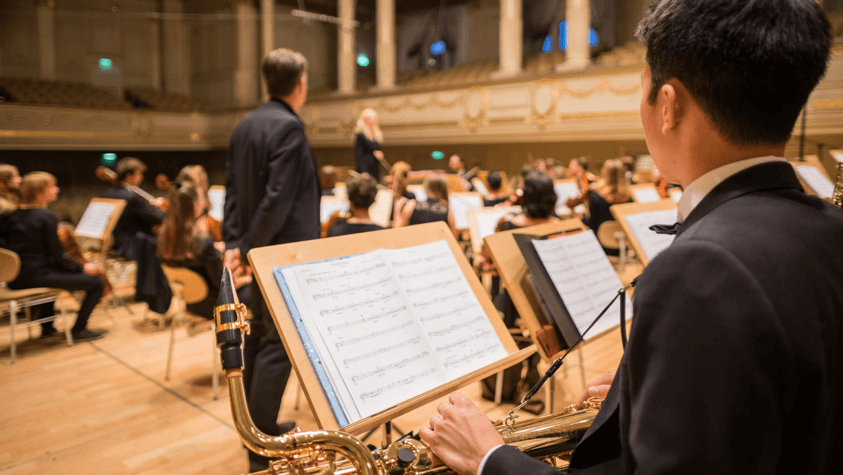College is critical for individual growth. Networking and participating in internships, apprenticeships, connecting with other student-musicians, etc., are all great opportunities for personal growth and development, which is learned through trial and error and learning and trying new things. Key personal development skills that can be learned in college include communication skills, multitasking, social etiquette, confidence building, accountability, motivation, listening and speaking skills, and identifying your personal strengths and weaknesses. In college, students learn to set goals, prioritize, and learn how to manage their time. They learn that hard work pays off, and that mistakes are all part of the learning process.
But, no matter where you end of attending, music schools (or any school for that matter) all have one thing in common. You get out only what you put in. Even the most prestigious schools come with no guarantees. Every music school, music school within a large university, or even two-year programs have their advantages, but it’s up to you to capitalize on them.










